PARALLEL SESSION ROOM4
| 10:45-12:15 | AI for SDG Development (Jump to the session) |
| 13:30-15:00 | Building Capacity with Generative AI (Jump to the session) |
| 15:10-16:40 | Integrating Data to Ensure Inclusive Education of Climate Change Displaced Population (Jump to the session) |
| 17:00-18:30 | Developing a UNESCO Toolkit for open science policy for data and AI in times of crisis (Jump to the session) |
AI technologies offer the transformative potential to address critical challenges in agriculture and sustainable development. This session discusses the adoption of AI for sustainable agriculture in different contexts. Firstly, AI-based technologies offer solutions to enhance productivity, reduce chemical usage, and promote regenerative practices for smallholder farmers in the Global South. Secondly, in the seafood industry, TrACE.AI introduces a traceability system using smartphones to bridge the digital skill gap, enhancing sustainability and economic viability. Thirdly, AI emerges as a catalyst for achieving Sustainable Development Goals (SDGs) in developing countries, yet challenges such as AI preparedness and resilience persist. Finally, Green AI offers a sustainable approach, leveraging technology to combat climate change and promote equitable access to a truly sustainable future. The session presents insights aimed to harmonize technology with equitable growth, vital for agriculture’s future in the Global South and for meeting the Sustainable Development Goals.

Farzad Sabetzadeh (Chair)
Assistant Professor, City University of Macau

Shuan Sadreghazi
Researcher, Institute for Future Initiatives, The University of Tokyo

Upalat Korwatanasakul
Associate Professor, Faculty of Social Sciences, Waseda University

Ally Nyamawe
Researcher, UNU Macau
In this session, 6 speakers will discuss the potential of generative AI in capacity building from various perspectives in 3 shorts and 3 lightning talks. For instance, the speaker will explore generative AI’s potential to enhance the efficiency and effectiveness of United Nations peacekeeping operations by synthesizing and analyzing large datasets. Economic researchers use generative AI tools to help with coding tasks, formulate research questions, automate data analysis, enhancing research efficiency. The speaker highlights that AI agents can work together with humans in a collaborative setting and will explore how to use generative AI tools to combat organizational corruption. In addition, speakers will focus on how AI can used to mitigate carbon emissions, process innovation, and optimize energy in traditional manufacturing sectors; how a computing platform, All-Space AI can enable intelligent perception and facilitate cloud-edge decision-making; and how AI in tools can enhance efficiency, transparency, security and inclusion in Supply Chain Financing. Taking together, this session presents multi-perspective insights into the potential of generative AI, enhancing our understanding of how to use it effectively, ethically, and responsibly.

Fernando Buarque (Chair)
Senior Associate Professor of Computing(AI), School of Engineering, University of Pernambuco, Brazil
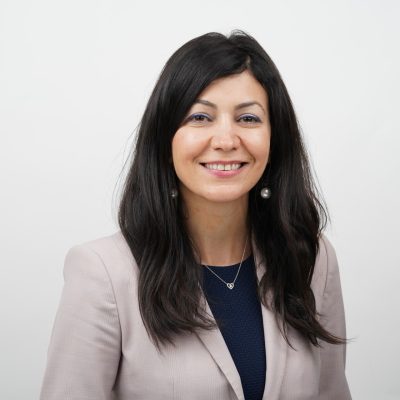
Avishan Bodjnoud
Chief, Information Management Officer United Nations, Departments of Political and Peacebuilding Affairs and Peace Operations (DPPA-DPO)
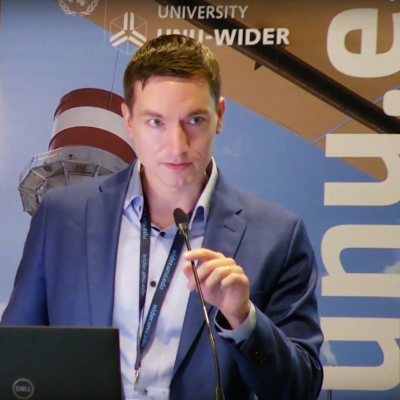
Jesse Lastunen
Research Associate, United Nations University World Institute for Development Economics Research (UNU-WIDER)

Yan Bai
Assistant Professor in the Department of Strategy, Leadership and People at EADA Business School (Barcelona, Spain)

Jie Peng
Master of Public Management at the Hong Kong University of Science and Technology (HKUST)

Siting Xiong
Associate research fellow, Guangming Laboratory

CHI CHEONG WONG
Chief Supervisor Macau Credit and Collection Management Association

Rita Hai Min DAI
Assistant Professor in Education School of Education | Shanghai Jiao Tong University
Global records indicate that in 2020 alone, weather-related disasters displaced over 30 million individuals, outnumbering conflict-related displacement by three times. Climate change displacement has emerged as a serious threat to achieving inclusive and equitable education and lifelong learning for all, set out by SDG4. A study (UNU-IAS and UNESCO, 2023) revealed that drop-out rates of children from the climate change displaced families are increasingly high and there is an urgent need for data-informed planning for education provision in the context of climate change. This roundtable is to explore issues and opportunities that AI can offer from diverse sectors in enhancing the data-informed decision to ensure undisrupted, inclusive and equitable education for migrants and displaced children in the context of climate change. The session features experts from intersectoral areas, including education policy, AI-generated data, human mobility, and climate change. It will discuss potential policy recommendations, including shifting from census-based education data to transactional student data, exploring innovative data, e.g. GIS data, disaster data and Big Data to project potential in/outflux of learner displacement, and creating a simulation to support education planning reflecting climate change impact, human mobilities and required resources for inclusive education. The session will conclude with inter-sectoral collaboration opportunities to put the discussion outputs into practice.
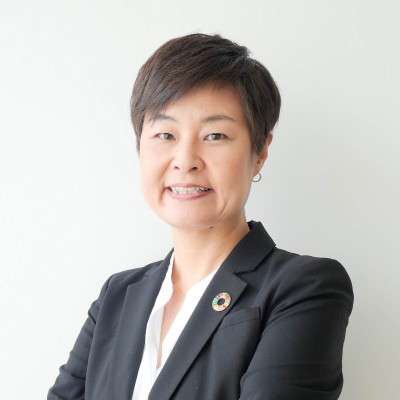
Jonghwi Park (Chair)
Head of Innovation and Education, Academic Programme Officer, UNU-IAS
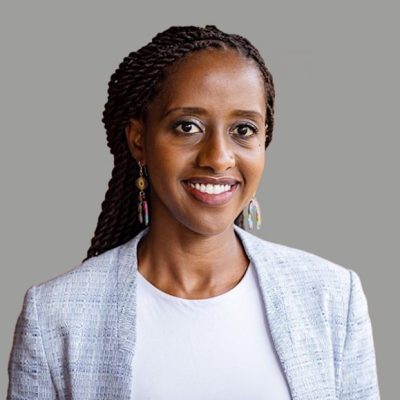
Mwizerwa Myriam Abiyer
Head of Office IOM – UN Migration – Hong Kong SAR, China Sub-Office
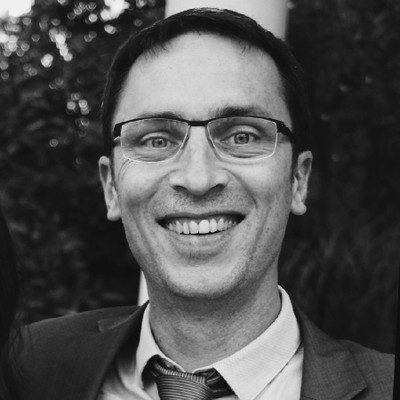
Pierre Chapelet
Senior Programme Officer, UNESCO Paris

Serge Stinckwich
Head of Research, UNU Macau

Francis P. Crawley (Chair)
Chairman, CODATA International Data Policy Committee (IDPC), Germany

Perihan Elif Ekmekci
Professor, former Head of European Union Department of Ministry of Health, TOBB University, Faculty of Medicine

Zhenzhi (Christopher) Zhu
Fellow with the CODATA International Data Policy Committee (IDPC); Co-chair of CODATA Connect
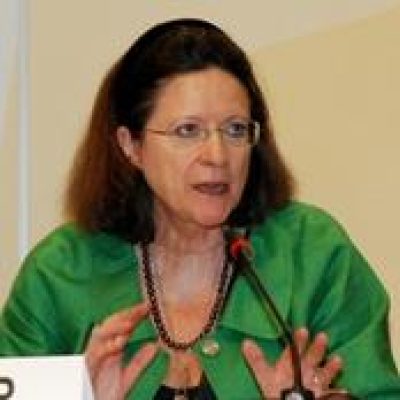
Virginia Murray
Head of the Global Disaster Risk Reduction, Public Health England

Ana Persic
Programme Specialist for Science Technology and Innovation Policies and Open Science, UNESCO
